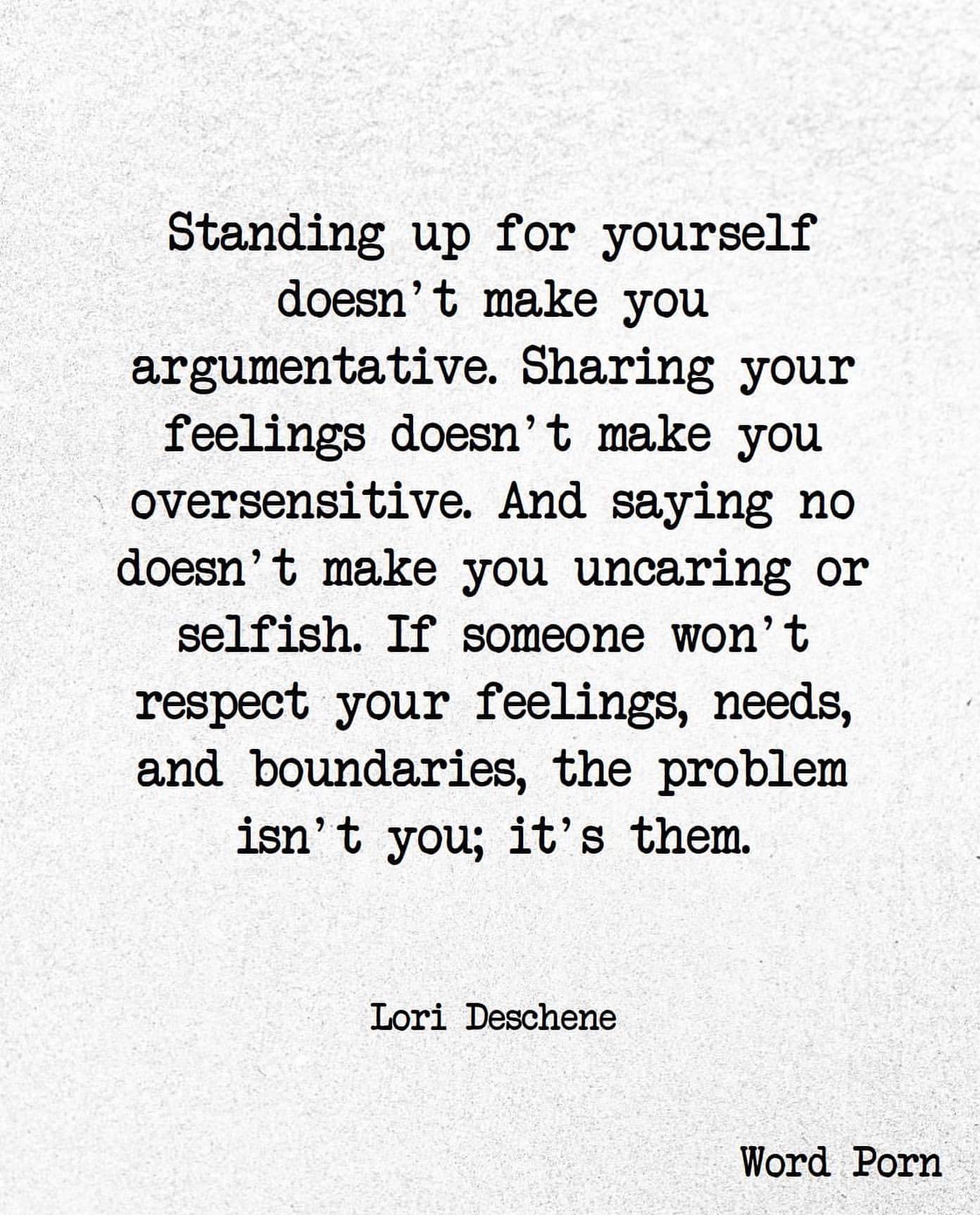Standing up for Yourself When Others Fail to Respect Your Boundaries
Respecting personal boundaries is fundamental to healthy relationships. However, achieving that respect often requires asserting oneself when others attempt to overstep or ignore those boundaries. Learning to stand up for oneself through open communication and enforcing reasonable consequences can help establish the respect and security everyone deserves.
Unwelcome Behavior
I felt uneasy whenever this “friend” was around due to unwanted touching and lack of respect for my space. Repeatedly ignoring my requests to stop only reinforced that he had no care for how his actions made me feel in my own home. While removing myself was an option, doing so would not address the underlying disrespect and simply reward bad behavior with what he wanted.

Testing Boundaries
On the third attempt, I made clear further advances would not be tolerated and ensured he faced consequences to reinforce that message. Though upsetting others in the moment, it sent a strong signal that disregarding personal boundaries through unwanted physical contact will not be passively accepted. While an unpleasant episode, establishing that respect through action likely prevented many future such situations.
Lack of Partner Support
Rather than backing me up when I felt uncomfortable, my partner at the time also grew upset with my response. This highlighted how support from a loving partner can help enforce reasonable boundaries against disrespectful others. Without that support, maintaining relationship security and well-being through assertiveness becomes a solo task, an unfair burden when seeking an equal partnership.
A Lesson in Self-Respect
The experience taught me that truly valuing myself means not just removing myself from bad situations, but also confronting poor behavior in a respectful yet uncompromising way. While confrontation carries risks, passively enduring boundary violations guarantees they will be repeatedly tested. Over time, this damages self-esteem and poisons relationships with distrust.
Communicating Comfort Levels
My now-wife wisely spoke with me early on about an acquaintance who made her uneasy. Not wanting to upset a long-time friend, I still prioritized her feelings through a calm, direct conversation setting reasonable limits. Clear communication and compromise between partners can resolve issues respectfully without severing friendships, so long as boundaries are consistently upheld thereafter.
The Responsibility of Partnership
In healthy relationships, partners must support each other when dealing with disrespectful outsiders through respectful but firm enforcement of mutually agreed boundaries. Turning a blind eye or showing disapproval of reasonable assertiveness damages intimacy and trust over time. Both parties carrying this responsibility fairly is key to navigating uncomfortable social dynamics as a united team rather than divided individuals.
Long-Term Impact of Boundary Violations
While one bad experience ends, eroding boundaries gradually poisons relationships if disrespect goes unaddressed. My ex-partner’s unwillingness to back me up against his friend should have been the end of our connection, as over time it would damage trust and spark resentment. For those seeking lifelong partnerships, it is better to discern unhealthy relationship patterns early and resolve or remove oneself before irreparable harm emerges.
Maintaining Relationship Security
Overall, this experience highlighted how maintaining security and well-being in relationships requires respecting one another’s boundaries, communicating limits clearly, and upholding them through united, compassionate enforcement when needed. While confrontation risks short-term discomfort, passively enduring violation guarantees long-term harm. For both individuals and partnerships, assertiveness, compromise and teamwork offer the firmest foundation for overcoming interpersonal challenges respectfully.
